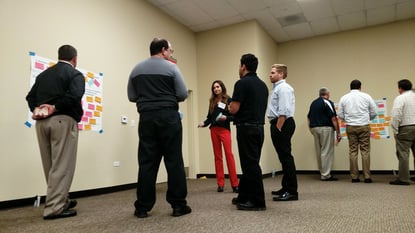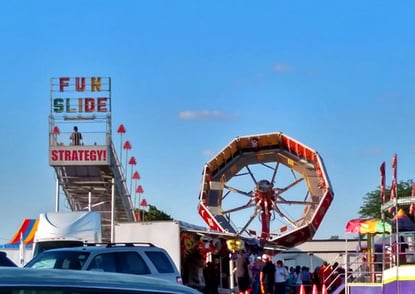 How about a pop quiz? Here's the question: When is a meeting over?
How about a pop quiz? Here's the question: When is a meeting over?
A) When every topic on the agenda has been discussed.
B) When the time allotted for the meeting is up.
C) None of the above.
What do you think?
The correct answer is "None of the above." Irrespective of the agenda or the meeting length, a meeting isn't really over until you've satisfied the meeting objective.
If you've accomplished what you intended before the meeting's scheduled length, call it a wrap. Why click through other agenda items in detail and allow someone to back track and unwind what you accomplished? Instead, get out while the getting is good and cede some of the day back to the meeting participants. Trust me, there's not much better than earning a reputation for finishing meetings early.
What if, however, you're running long and haven't met the meeting objective? That's a problem. Well ahead of the point where you feel like the meeting's gotten out of hand, have a backup plan with steps to either adjust the meeting objective, shortcut the agenda to accomplish what you need, or determine if your participants are willing to extend or reconvene at a later time. These options can all work, but having to take more time than you promised is a crappy alternative that can kill a lot of goodwill even when it works out for you.
So to make sure your meetings are timely and productive, here are three keys to use when creating your meeting strategy:
- Talk to key participants before the meeting to better understand their points of view. This will allow you to more accurately anticipate how the discussion should be orchestrated.
- "Rehearse" the meeting ahead of time in whatever way works for you. I "watch" meetings unfold in my mind to help prepare and plan for what might happen before it happens.
- While a meeting agenda is really important for a successful meeting, remember that having a meeting objective is absolutely critical if you want to know when your meeting's really over! - - Mike Brown



